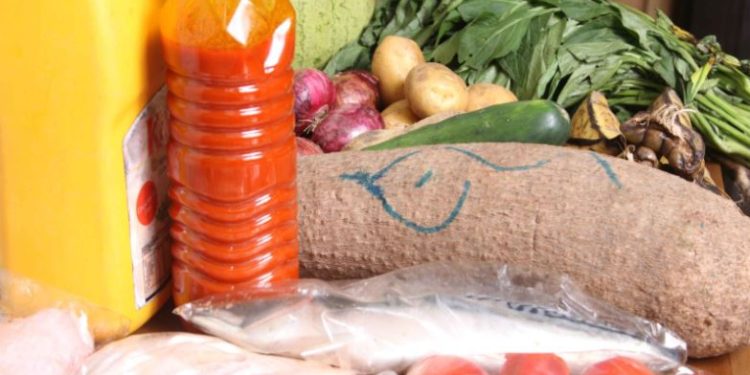The National Bureau of Statistics (NBS) has said the 2022 flood reduced Nigeria’s access to quality food by 84.9 percent. This was contained in its report tagged: Nigeria Flood Impact, Recovery and Mitigation Assessment Report 2022-2023.
The report indicated that 49 percent of the households reported having had their main source of food affected by the floods, with households in rural areas, 60 percent), more impacted than those in urban areas, 23 percent.
“The floods disrupted agricultural activities, resulting in reduced crop yields, for 94.9 percent of households; increased food prices, 19.9 percent and diminished access to nutritious food, 84.9 percent,” NBS stated.
It further noted that for many households, the floods caused food insecurity, with 60 percent reported experiencing hunger, 69.2 percent – a food shortage and 84.9 percent unable to eat a healthy nutritious meal due to the impact of the floods. NBS said the flood had impact on health, mortality and morbidity.
The data said close to one in four of the respondents reported that there was an outbreak of diseases in their community due to the floods, with waterborne diseases at 89.3 percent, being the most common.















